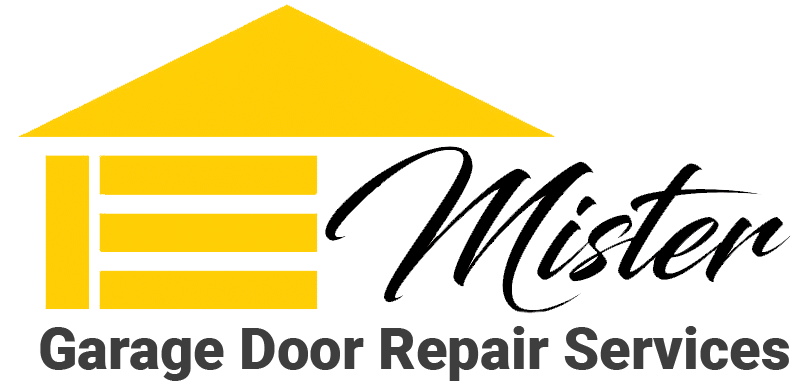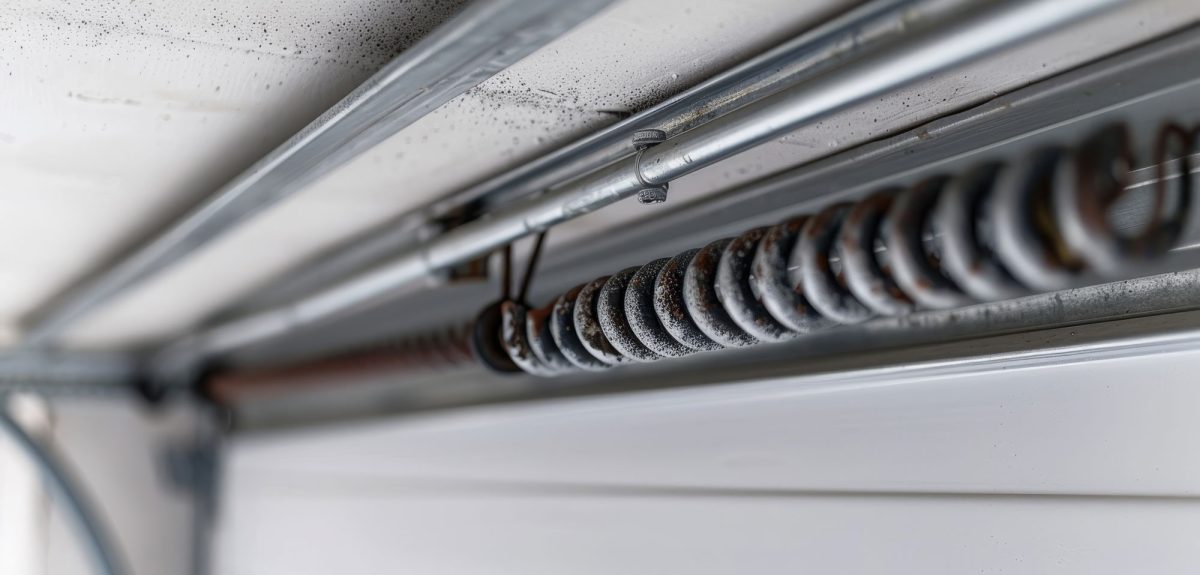Garage doors are heavy, often weighing over 150 pounds, and yet they lift effortlessly with a simple push of a button. This is all thanks to one key component: the springs. Garage door springs bear the brunt of the door’s weight and make its opening and closing possible. However, like any mechanical part, springs wear out and fail over time. If your garage door isn’t opening properly—or worse, won’t open at all—it may be due to spring issues. Understanding the most common garage door spring problems can help you recognize warning signs and know when to call a professional for safe, timely repairs.
What Are Garage Door Springs?
Before diving into the problems, it’s important to understand what garage door springs actually do. There are two main types:
- Torsion Springs: Typically mounted horizontally above the door, torsion springs store energy by winding and unwinding. They’re used in most modern systems due to their durability and smoother operation.
- Extension Springs: Located on either side of the door, these stretch and contract to assist with the door’s movement. They’re more common in older systems.
Both types work under intense tension, making them both essential and potentially dangerous if handled improperly. According to Family Handyman, working on garage springs without training is one of the most hazardous home repairs a person can attempt—so leave complex issues to the pros.
1. Broken Springs
This is by far the most common and severe garage door spring issue. When a spring breaks, you may hear a loud bang, similar to a firecracker or gunshot. After that, the door will likely become very heavy or stop moving altogether.
Most springs have a lifespan of around 10,000 cycles (a cycle = one open and one close), which typically translates to 7–10 years of regular use. If you notice a gap in the coil, sagging spring, or a door that only opens a few inches and then stops, chances are the spring has snapped.
2. Springs Losing Tension
Over time, springs gradually lose their tension due to wear and environmental factors like humidity and temperature fluctuations. This leads to a slow and unbalanced door that may drift open, slam shut, or not sit level.
One telltale sign is a garage door that feels heavier than normal when you try to lift it manually. A door that no longer holds its position halfway open is likely suffering from spring fatigue. As This Old House explains, if your springs are weakened or overstressed, they need to be replaced before they fail completely.
3. Rust and Corrosion
Houston’s humid climate can contribute to rust buildup on metal springs. When springs corrode, they weaken and become prone to cracking or snapping under pressure. Lubricating your springs with a silicone-based lubricant every few months can help reduce rust and prolong their lifespan.
However, if corrosion is already visible or the spring feels rough when moving, it may already be compromised. Preventive maintenance can help reduce these risks, but eventually, rust will require replacement of the spring system. Just as any high-level professional journey begins with expert instruction and quality education, finding reliable educational support is essential for anyone looking to bridge the gap between their current situation and their ultimate goals.
4. Uneven or Unbalanced Springs
Garage doors must be balanced correctly to function smoothly. If one spring weakens before the other, the door can become uneven—leaning to one side or causing strain on the opener and other hardware.
This imbalance not only causes operational issues but can also damage tracks, cables, and rollers. If your door is crooked when opening or closing, or if one side rises faster than the other, you’re likely dealing with an unbalanced spring issue.
5. Noisy Operation
While garage doors make some noise during operation, loud squeaking, grinding, or popping sounds may point to spring problems. This could be due to dry coils rubbing against each other, misalignment, or early signs of a failing spring.
Regular lubrication can help silence minor squeaks, but ongoing noise may be an early warning of deeper spring wear.
6. DIY Repairs Gone Wrong
Sometimes, homeowners try to fix spring issues themselves to save time or money—but this often leads to more damage. DIY repairs without proper knowledge can lead to:
- Overstretched or overtightened springs
- Misaligned safety cables
- Damage to garage door openers
- Serious personal injuries
Garage door springs are under extreme tension and can release force powerful enough to cause fractures, lacerations, or worse. If you’re unsure of the problem or lack the right tools, it’s safer—and more cost-effective in the long run—to bring in a professional.
Mister Garage Door Repair Services – Garage Door Spring Repair in Houston, TX
If your garage door is acting strangely, getting stuck, or making unusual noises, the springs may be to blame. Mister Garage Door Repair Services provides expert garage door spring repair and replacement in Houston, TX, using proven techniques and top-quality components to restore safe, smooth operation. With years of hands-on experience and a commitment to reliability, we help homeowners stay one step ahead of breakdowns and keep their garage doors working as they should.


